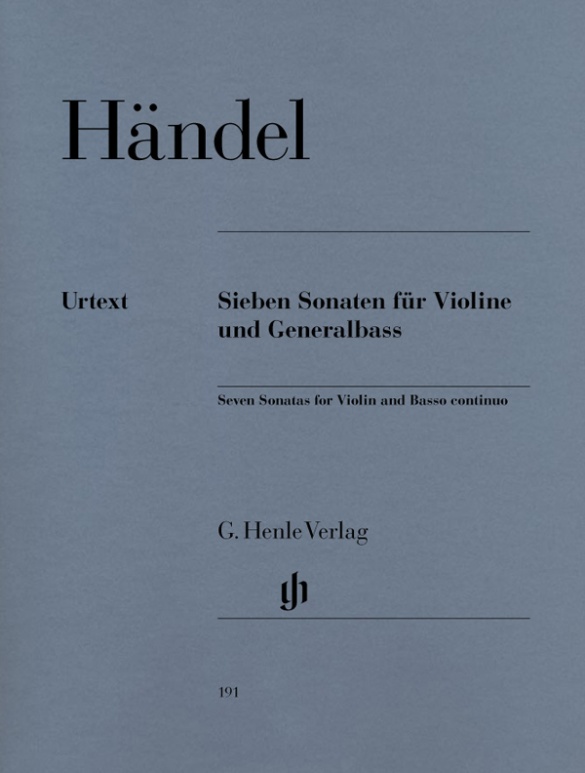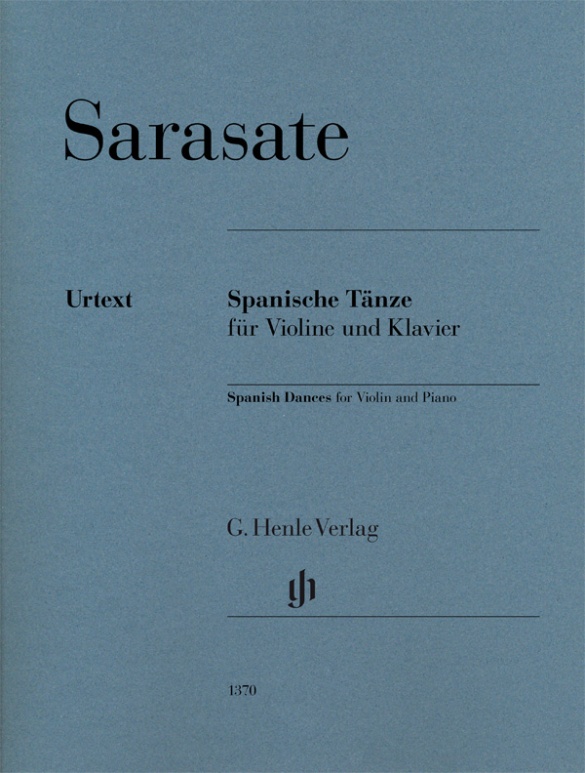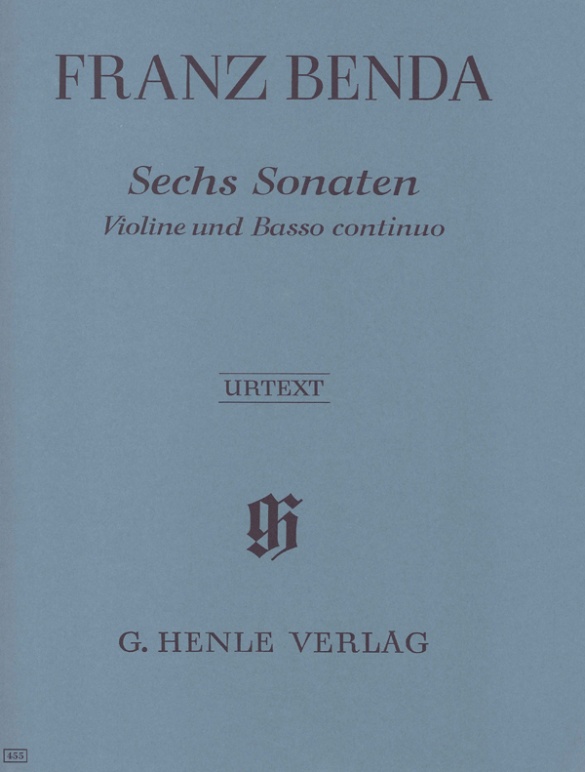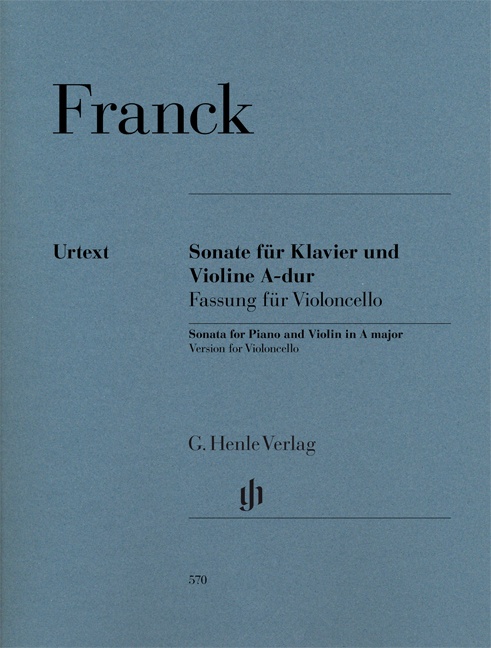

César Franck
Violin Sonata A major
Unlike some of his other late works, Franck’s Violin Sonata, composed in 1886, was well-received by the public and critics from the very start. The beautiful arrangement for cello published in January 1888 distinguishes itself from the numerous other arrangements in that Franck expressly authorised it.
The cellist Jules Delsart, who had heard a performance of the sonata in Paris in December 1887, was so delighted by it that he asked Franck’s permission to make a transcription of the violin part for his own instrument. Delsart remained close to the original; he left the piano part unaltered and transposed the violin part only where necessary and appropriate into the lower register.
Content/Details
About the Composer
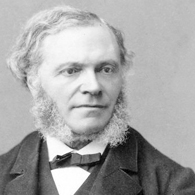
César Franck
Famous organist and composer who exerted a lasting influence on French music of the fin-de-siècle both through his works and especially as a teacher.
| 1822 | Born in Liège on December 10. |
| 1831 | Instruction in piano, organ, and composition at the Royal Conservatory of Liège. |
| 1835 | First stay in Paris, lessons with Reicha, among others. |
| 1837–42 | Studies at the Conservatoire de Paris. |
| 1839–42 | “3 Trios concertants,” Op. 1, in the first of which he employs the cyclic technique typical both of his later works and of French symphonic music of the 1880s. |
| 1843 | Concert tour through Belgium and Germany. |
| 1845 | Premiere of his oratorio “Ruth.” |
| 1847 | He becomes organist at Notre-Dame-de-Lorette |
| 1852–70 | He teaches at various institutions. |
| from 1857 | Organist at Sainte-Clotilde, location of one of the famous Cavaillé Coll organs. Composition of sacred works; 1856–65, “6 Pièces” for organ. |
| 1861 | Member of the Société académique de musique sacrée (Academic Sacred Music Society). |
| 1869–79 | Composes oratorio “Les Béatitudes.” |
| 1871 | Founding member of the Société nationale de musique. |
| 1872 | Teaches an organ class at the Conservatoire. Among his most famous pupils are Duparc, Chausson, and d’Indy, whose Course in Musical Composition (1906) is based on Franck’s compositional and formal principles. |
| 1881–88 | Genesis of the symphonic poems “Le Chasseur maudit” (“The Accursed Huntsman”), “Les Djinns,” “Psyché.” |
| 1878 | Premiere of his “3 Pièces pour le Grand Orgue” in the monumental style. |
| 1886 | Violin Sonata in A major; president of the Société nationale de musique. |
| 1886–88 | Symphony in D minor, one of the most formative works of French symphonic music of the age. |
| 1890 | Death in Paris on November 8. |
| 1894 | Posthumous premiere in Monte Carlo of his opera “Hulda.” |
About the Authors

Peter Jost (Editor)
Dr. Peter Jost, born in 1960 in Diefflen/Saar, read musicology, German and comparative studies at Saarland University in Saarbrücken. He did his PhD in 1988 with a thesis on Robert Schumann’s Waldszenen.
From November 1991 to April 2009 he was a research associate at the Richard Wagner Complete Edition in Munich, and since May 2009 has been an editor at G. Henle Publishers. His Urtext editions comprise predominantly French music of the 19th and 20th centuries, including works by Lalo, Saint-Saëns and Ravel.

Klaus Schilde (Fingering)
Prof. Klaus Schilde, born in 1926, spent his childhood in Dresden. There he was greatly influenced by Walter Engel, who taught him the piano (Kodaly method), composition and violin. From 1946–1948 he studied at the music conservatory in Leipzig with Hugo Steurer. After moving to the west in 1952 he studied with Walter Gieseking and Edwin Fischer, as well as with Marguerite Long, Lucette Descaves and Nadia Boulanger in Paris.
Schilde won numerous prizes. From 1947 onwards he gave concerts as a soloist and chamber musician on almost every single continent with renowned orchestras. He taught at the music conservatories in East Berlin Detmold, West Berlin, Munich, Tokyo (Geidai) and Weimar. From 1988–1991 he was President of the Staatliche Hochschule für Musik und Theater in Munich, where he also taught for decades as a professor. There are numerous radio and television broadcasts with Klaus Schilde as well as CD recordings. Schilde has contributed fingerings to almost 100 Henle Urtext editions.
Prof. Klaus Schilde passed away on 10 December, 2020.
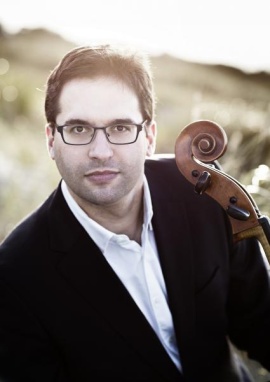
Christian Poltéra (Fingering and bowing for Violoncello)
Product Safety Informations (GPSR)

G. Henle Verlag
Here you can find the information about the manufacturer of the product.G. Henle Verlag e.K.
Forstenrieder Allee 122
81476 München
Germany
info@henle.de
www.henle.com
Obwohl eine alte Ausgabe die Delsart-Bearbeitung schon gedruckt hat (...), lohnt sich die Anschaffung der Neuedition unbedingt!
ESTA Nachrichten, 2015This superb, scholarly urtext edition is based on the authoritative sources for the original version.
Stringendo, 2014(...) a cura die Peter Jost, scrupolosissimo nel lavoro sulle numerose fonti a disposizione (...)
musica, 2014recommendations
autogenerated_cross_selling
Further editions of this title
Further editions of this title


